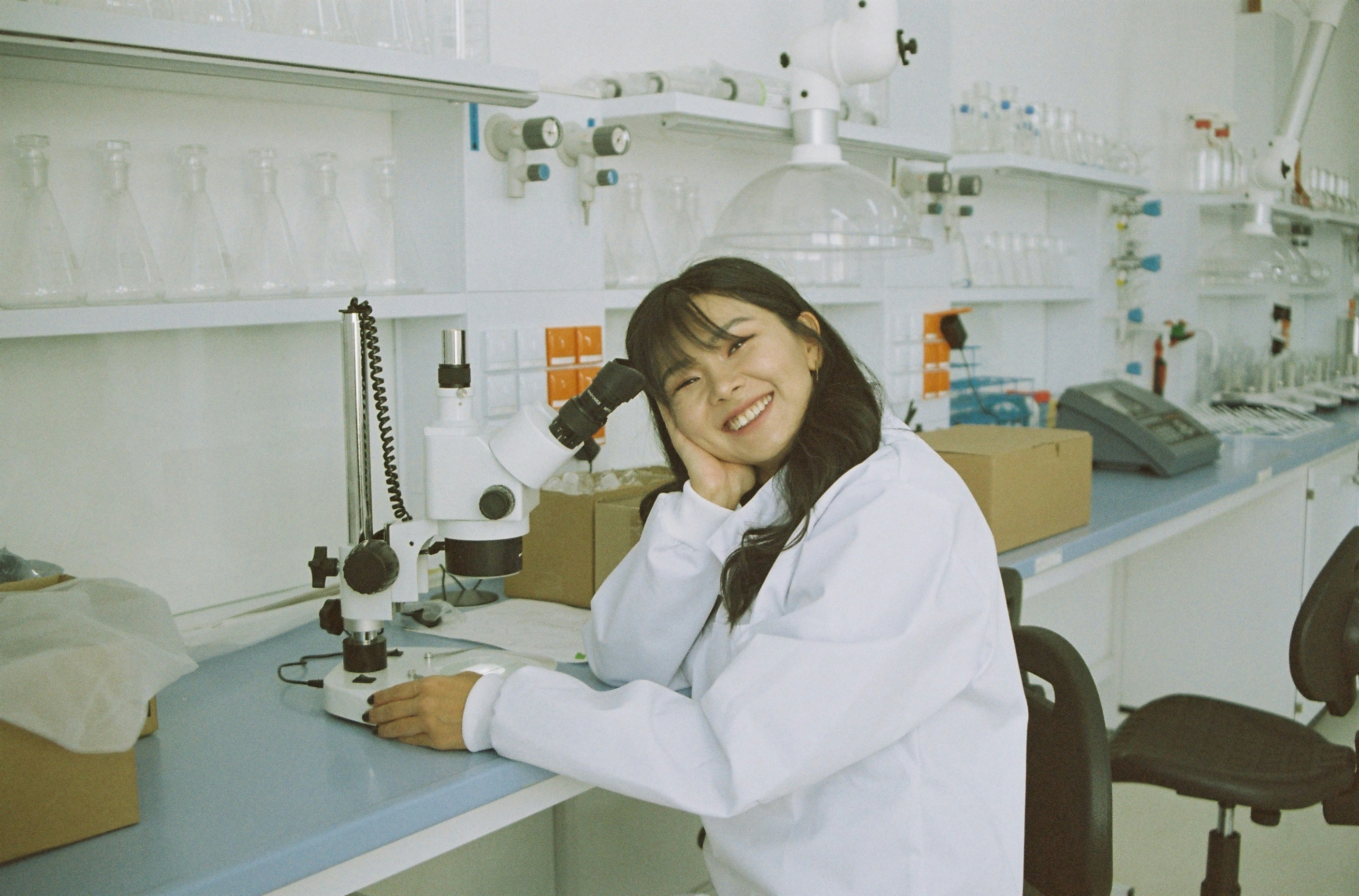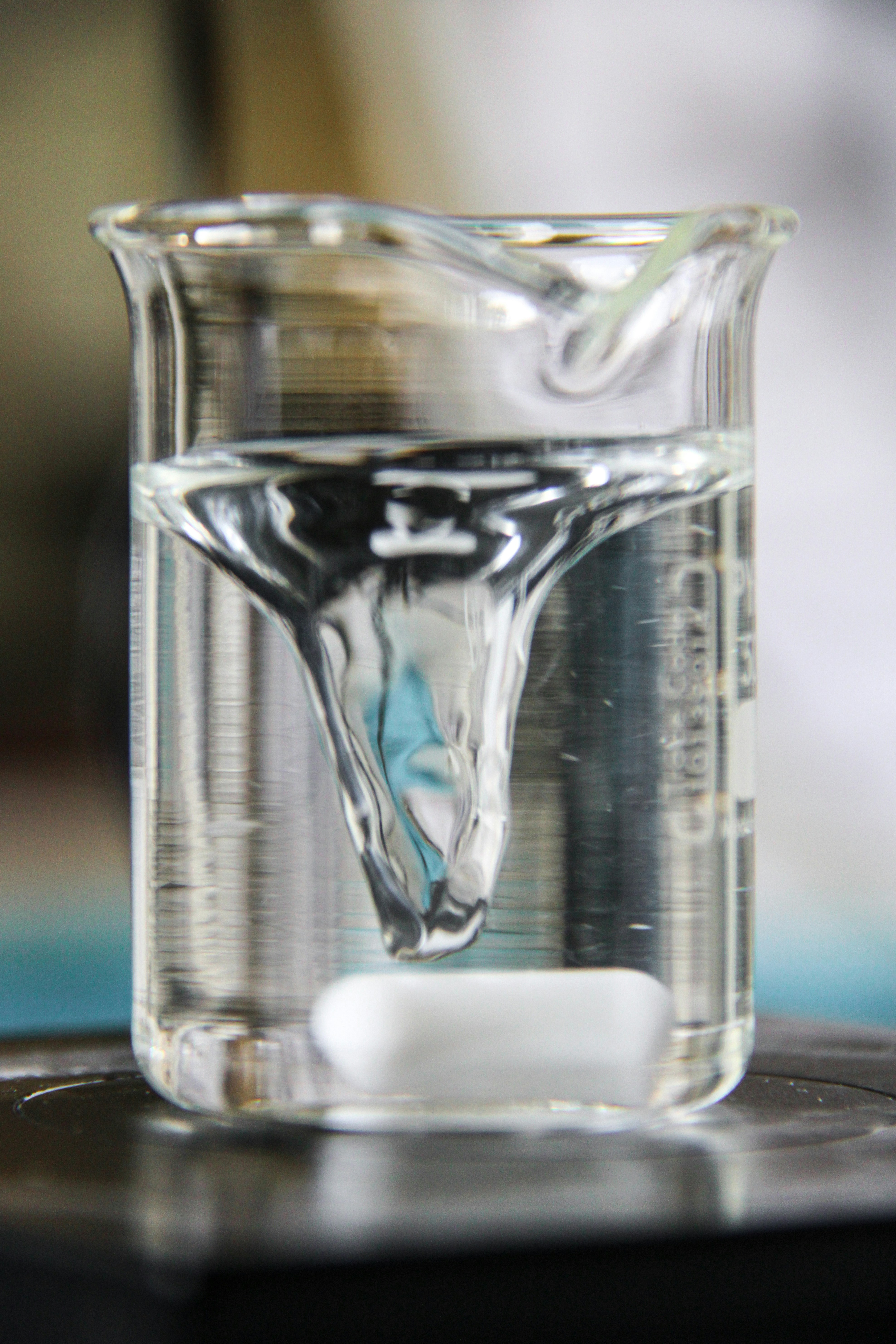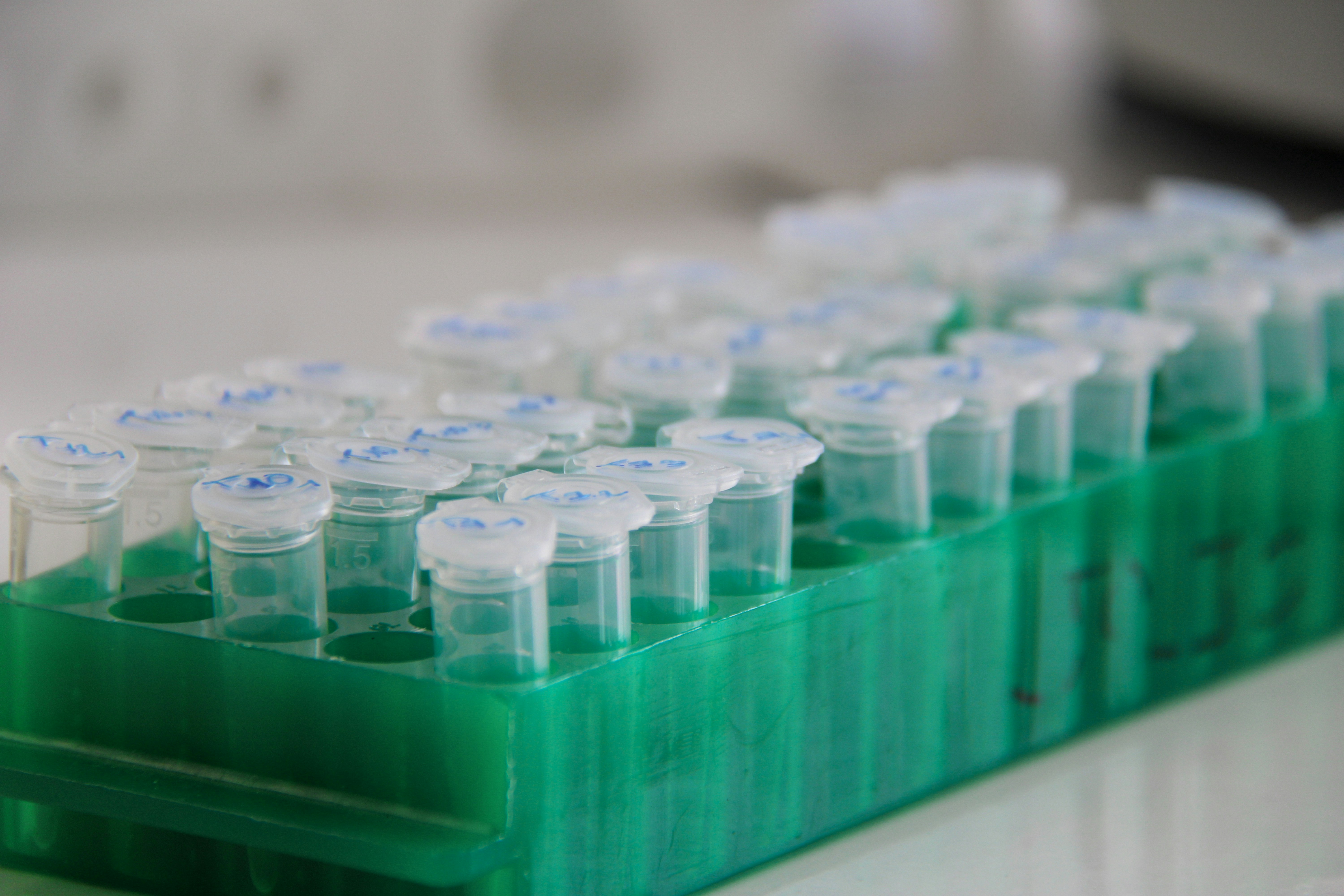The Life and Impact of a Biochemist: Crafting the Blueprint of Biology
November 9, 2025 | by arashkazemiac137@gmail.com
 Photo by Diane Serik on Unsplash
Photo by Diane Serik on Unsplash Understanding the Role of a Biochemist
Biochemists play a pivotal role in exploring the intricate chemical processes that govern the functionality of living organisms. Their work lies at the intersection of biology and chemistry, allowing them to dissect the molecular mechanisms that underpin life. By studying complex biological molecules such as proteins, nucleic acids, and lipids, biochemists can unravel the biochemical foundations of cellular function, metabolism, and genetic expression.
One of the primary responsibilities of a biochemist is to investigate how biochemical pathways affect health and disease. This research is essential for understanding the molecular basis of various conditions, including cancer, diabetes, and neurodegenerative diseases. Biochemists contribute significantly to the field of medicine through drug development, wherein their insights into molecular interactions aid in designing therapeutic agents that can target specific biological pathways. This area of study not only influences the creation of new medications but also enhances the effectiveness of existing treatments.
In addition to medicine, biochemists apply their expertise in fields like nutrition and environmental science. Their unique insights facilitate the development of dietary supplements aimed at improving health and wellness and support efforts to understand how pollutants affect biological systems. Through their research, biochemists contribute to sustainable practices by studying how organisms interact with their environment, aiding in the development of eco-friendly technologies.
Laboratory techniques and tools are fundamental to a biochemist’s work. Employing methods such as chromatography, electrophoresis, and spectrophotometry, they analyze and manipulate biological molecules with precision. These advanced techniques enable biochemists to gather important data that drive scientific discovery and innovation. As they navigate the challenges of their field, biochemists not only contribute to our understanding of life at a molecular level but also shape the future of healthcare and environmental solutions.
Career Pathways and Future Prospects in Biochemistry
The journey to a successful career in biochemistry typically begins with a solid foundation in the sciences during undergraduate studies. A bachelor’s degree in biochemistry or a closely related field is essential, where students acquire crucial knowledge in organic and inorganic chemistry, molecular biology, and genetics. These subjects lay the groundwork for understanding complex biochemical processes. Moreover, practical laboratory experience is indispensable, as it equips students with the necessary skills to conduct experiments and analyze data effectively.
Upon completing an undergraduate degree, many aspiring biochemists choose to further their education by pursuing a master’s or doctoral degree. Advanced degrees often allow for specialization in specific areas such as enzymology, pharmacology, or metabolic pathways, offering students the opportunity to delve deeper into particular aspects of biochemistry. Advanced education can also enhance employability and lead to positions in research, academia, or industry.
In terms of employment opportunities, biochemists can find roles across various sectors. Academia remains a prominent sector, where biochemists can engage in teaching and research at universities. The healthcare sector also offers diverse roles, focusing on research and development related to medical diagnostics and therapeutics. The pharmaceutical and biotechnology industries are other significant arenas, where biochemists contribute to drug discovery, formulation, and quality assurance.
As biochemistry evolves, emerging trends such as personalized medicine and innovative biotechnological solutions shape the landscape of career possibilities. Personalized medicine, which tailors treatments based on individual genetic profiles, highlights the increasing importance of biochemistry in healthcare. Furthermore, advancements in biotechnology, such as gene editing and synthetic biology, bear potential to redefine traditional approaches to biochemistry, providing biochemists with new avenues for research and application.
Overall, the career pathways in biochemistry are diverse and continually growing, with numerous prospects for those dedicated to advancing our understanding of biological processes.
RELATED POSTS
View all


